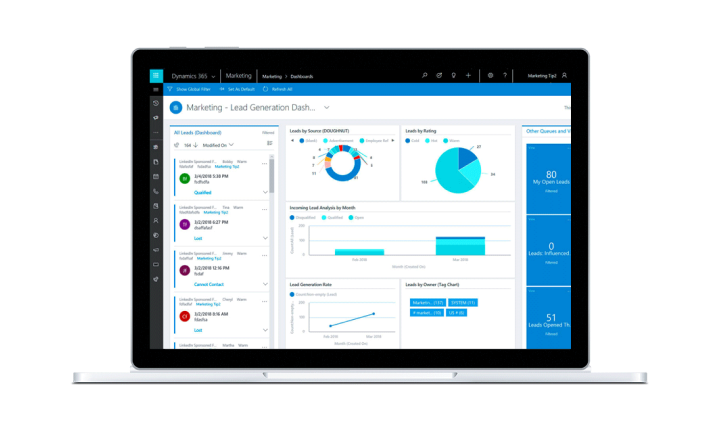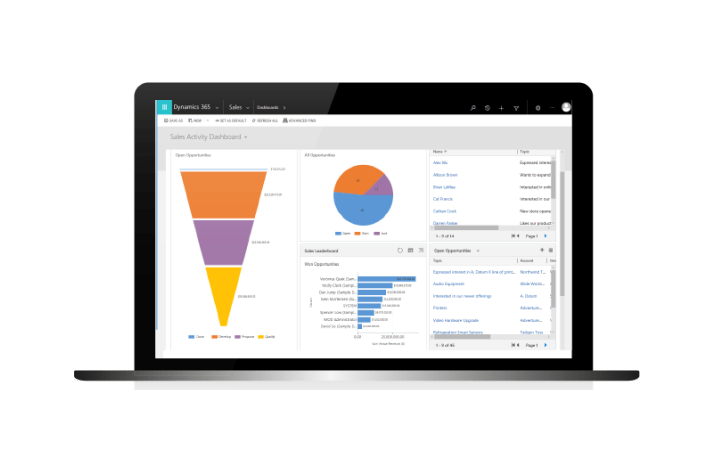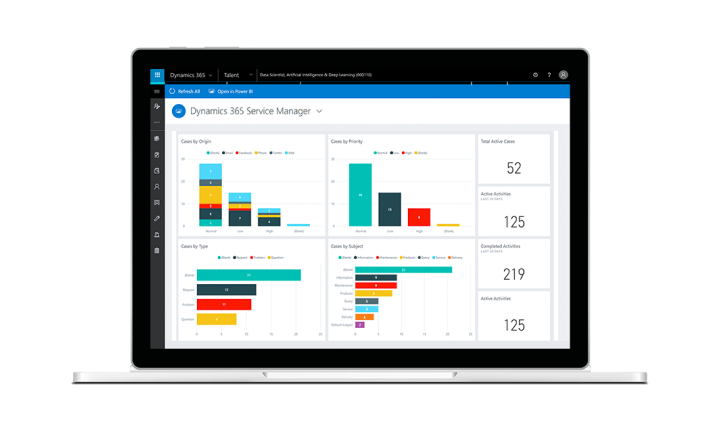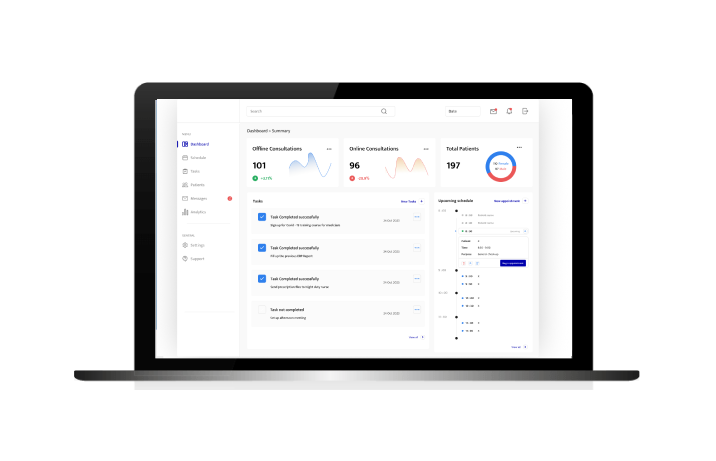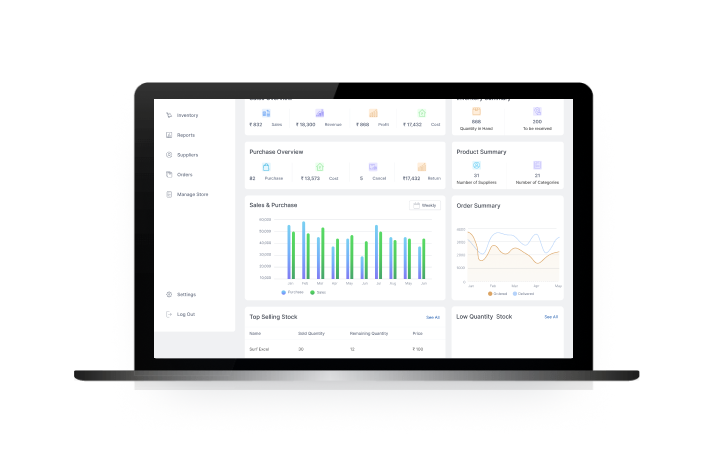We use Microsoft Dynamics 365 Marketing and Salesforce Marketing Cloud, which provide valuable patient insights, streamline campaigns, and deliver personalized healthcare experiences, all of which help increase patient engagement and business success.

